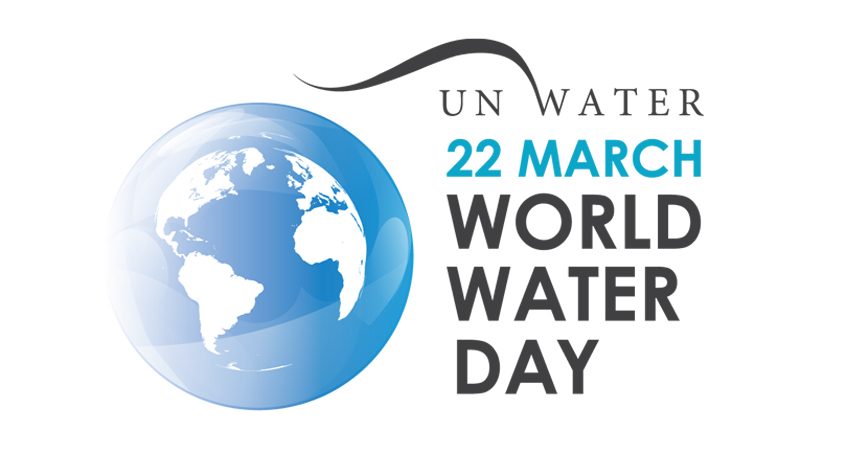
World Water Day 2017: Why waste water?
More than two-thirds of our planet is covered by water, one of the most vital substances to our survival. But despite our universal need for clean, drinkable water, most human activity that involve water generates one of the biggest threats to our environment: wastewater.
Globally, over 80% of all the wastewater from our homes, cities, industry and agriculture flows back to nature without being treated or reused – polluting the environment, and losing valuable nutrients and other recoverable materials.
Due to population growth, accelerated urbanisation and economic development, the quantity of wastewater generated and its overall pollution load are increasing globally.
 1.8 billion people use a source of drinking water contaminated with faeces, putting them at risk of contracting cholera, dysentery, typhoid and polio. In fact, wastewater is roughly composed of 99% water and 1% suspended, colloidal and dissolved solids, according to the World Water Development Report 2017. That means unsafe water, poor sanitation and hygiene lead to around 842,000 deaths each year.
1.8 billion people use a source of drinking water contaminated with faeces, putting them at risk of contracting cholera, dysentery, typhoid and polio. In fact, wastewater is roughly composed of 99% water and 1% suspended, colloidal and dissolved solids, according to the World Water Development Report 2017. That means unsafe water, poor sanitation and hygiene lead to around 842,000 deaths each year.
However, wastewater management is being seriously neglected, and wastewater is grossly undervalued as a potentially affordable and sustainable source of water, energy, nutrients and other recoverable materials. It therefore needs to be seen as a resource, rather than a burden to be disposed of.
There are many treatment processes and operational systems that will allow us to use wastewater to meet the growing water demand in growing cities, support sustainable agriculture, and enhance energy production and industrial development, therefore contributing to a more sustainable, efficient and equitable water use worldwide.
This year’s World Water Day theme is wastewater and the campaign, ‘Why waste water?’ is about reducing and reusing wastewater. Have you thought about what you can do to reduce and reuse wastewater?

Follow Us